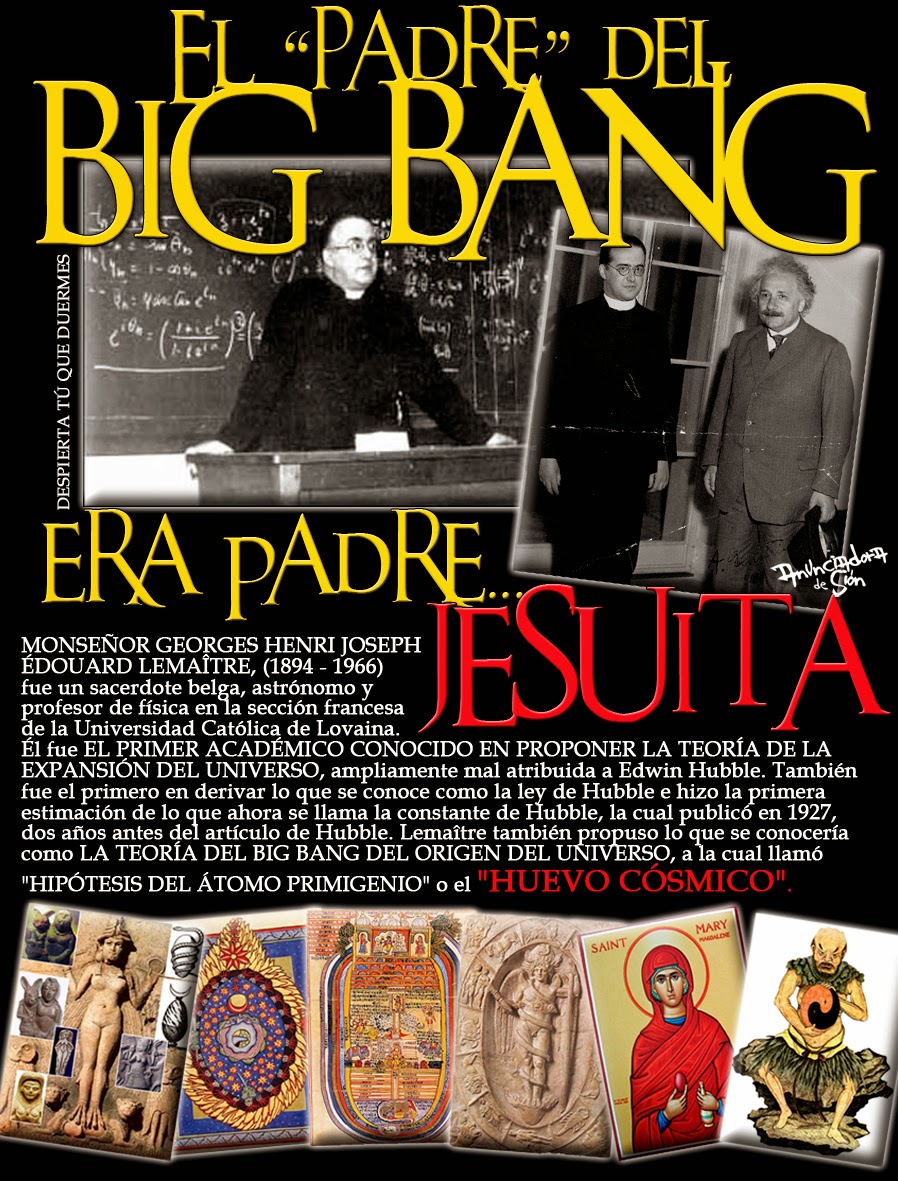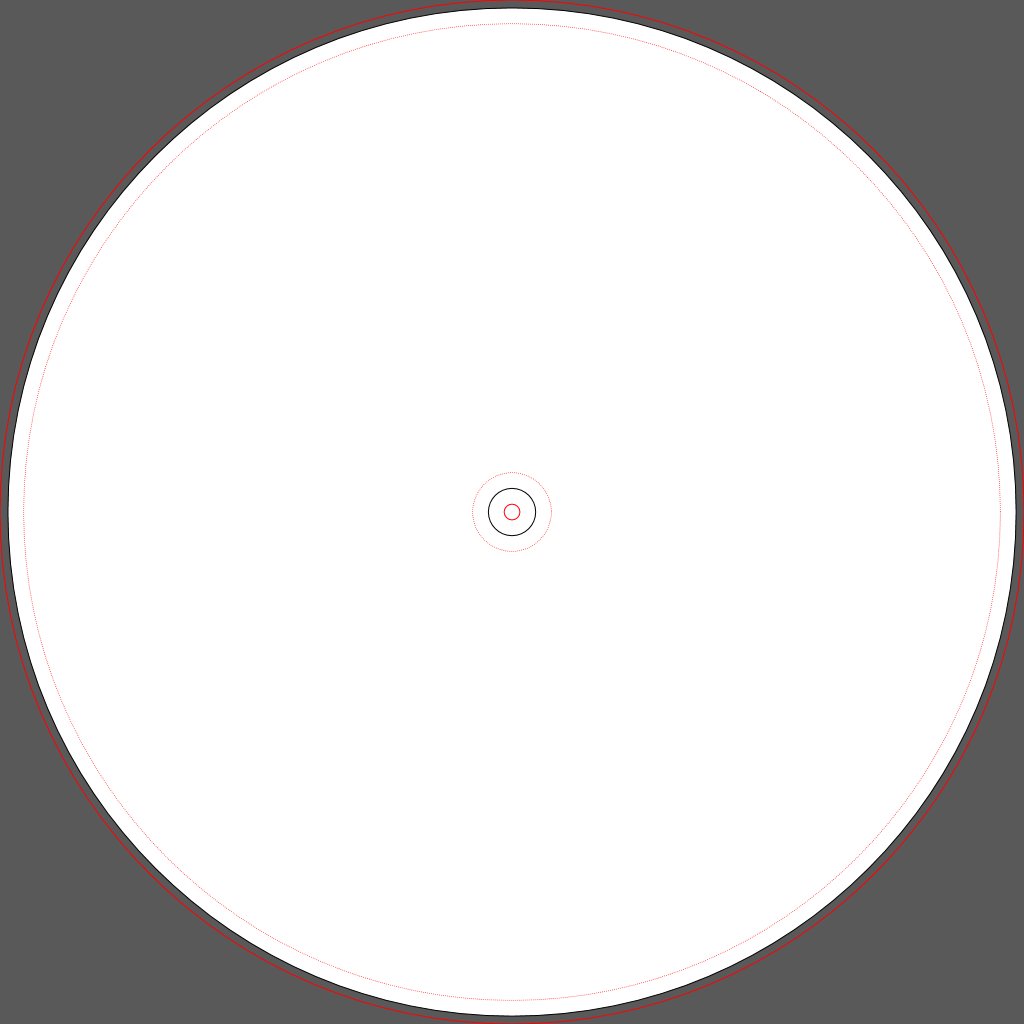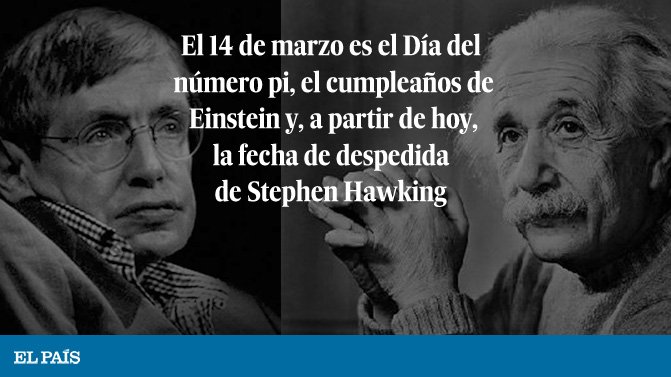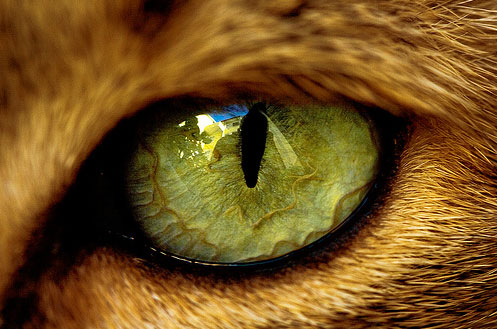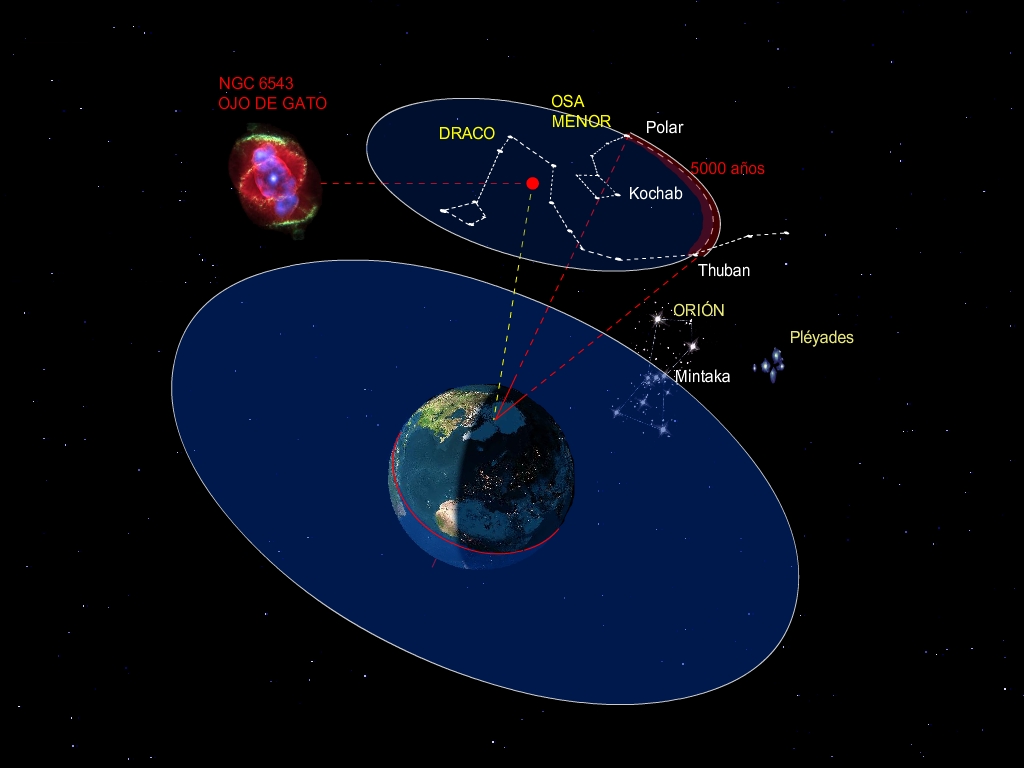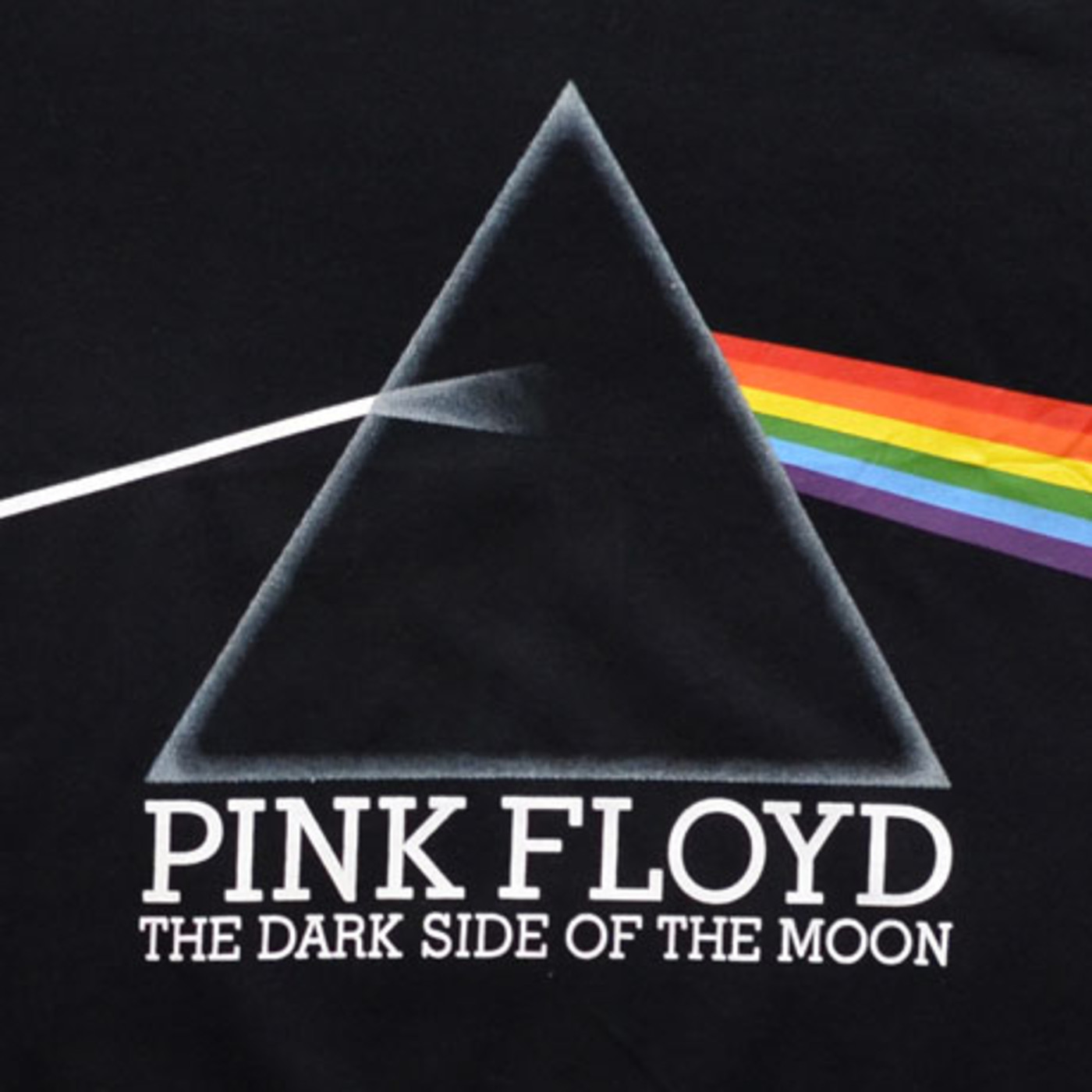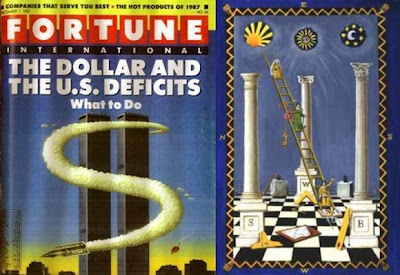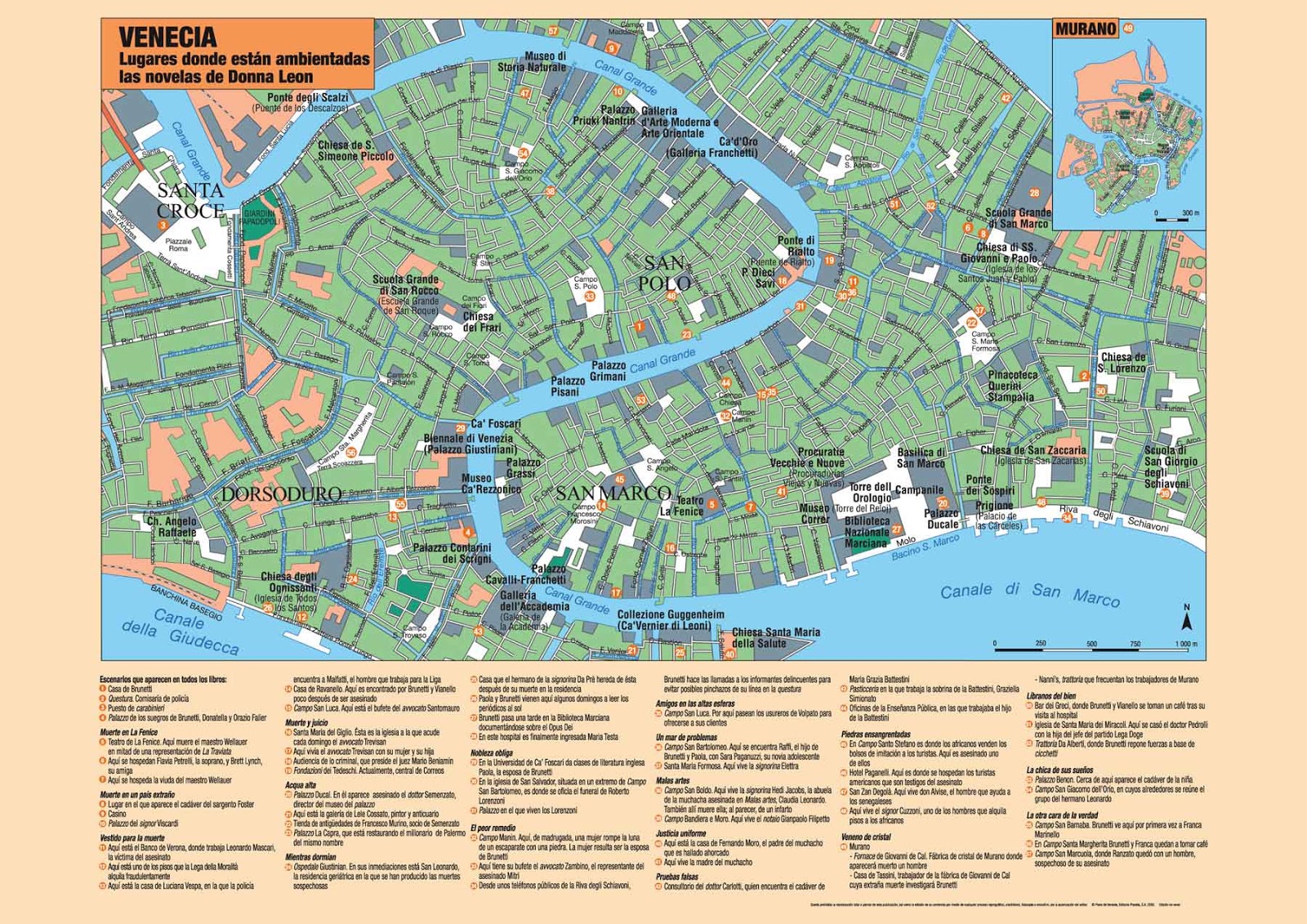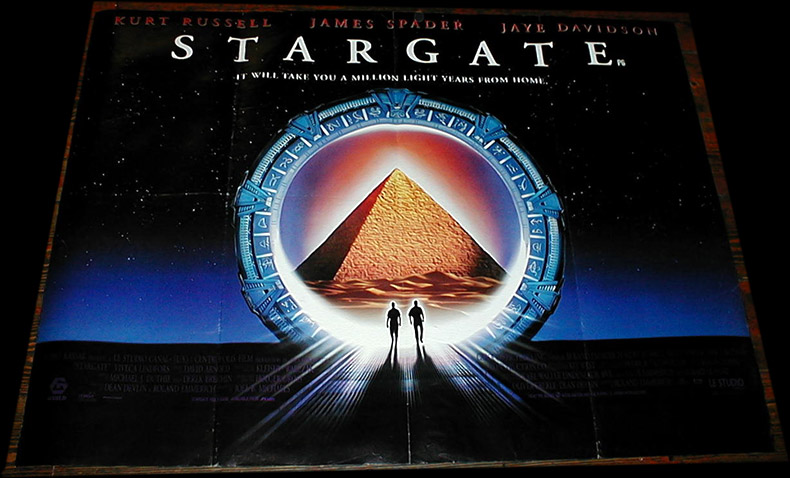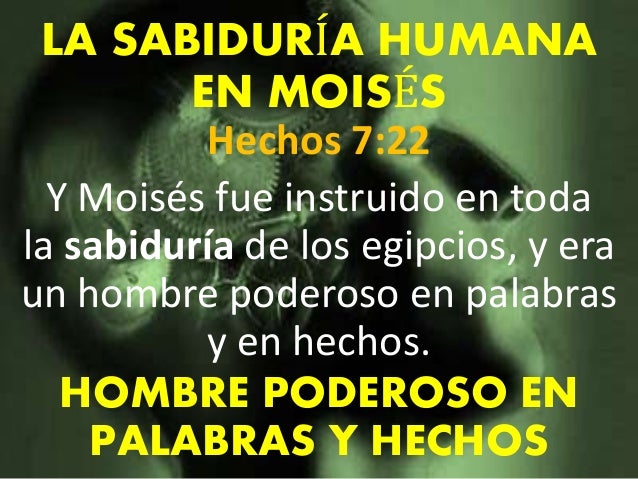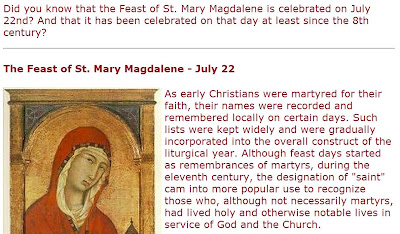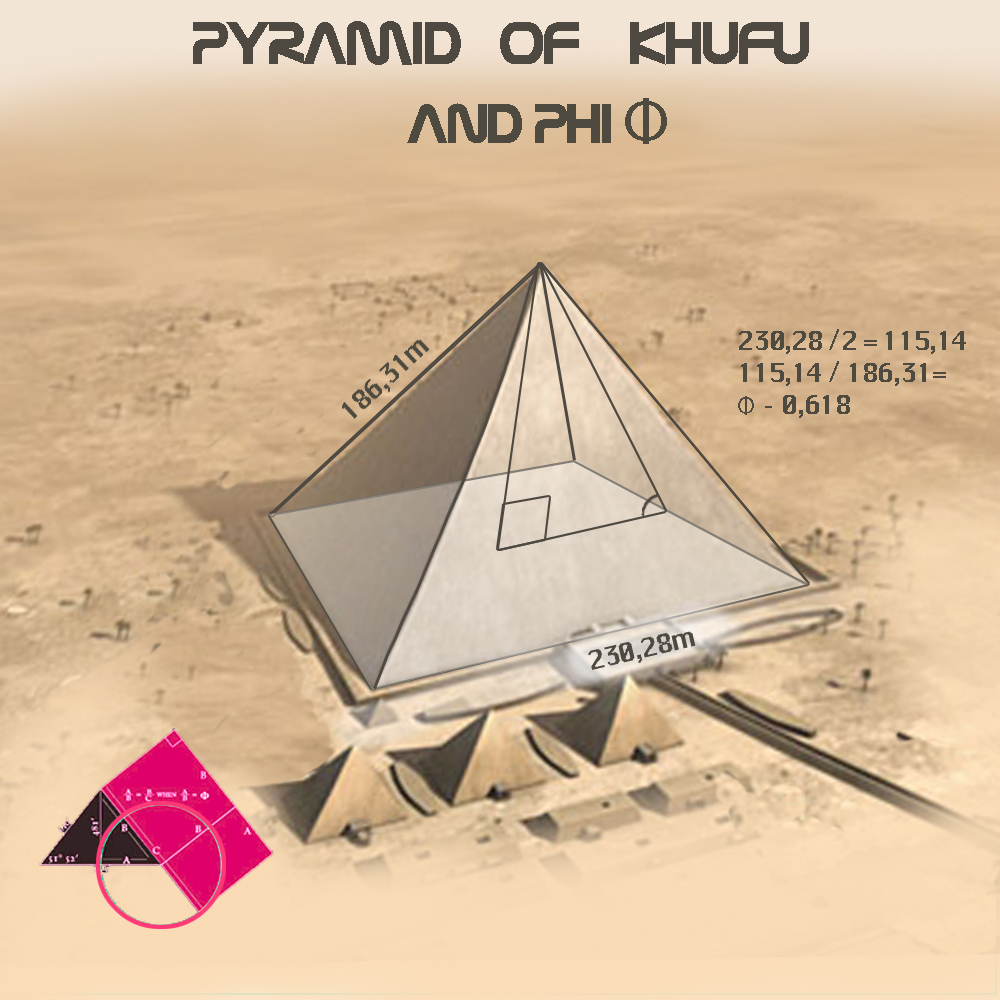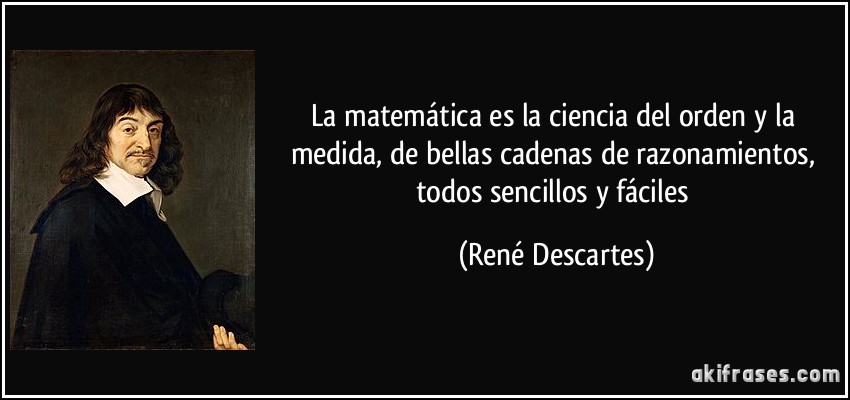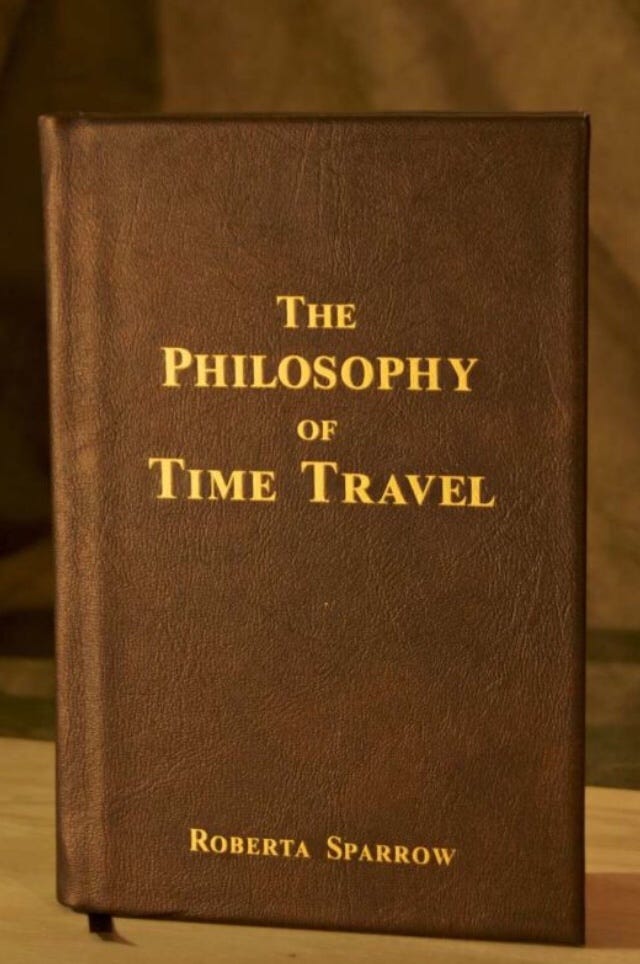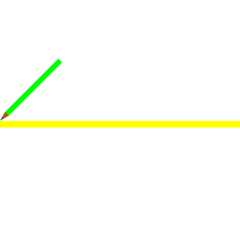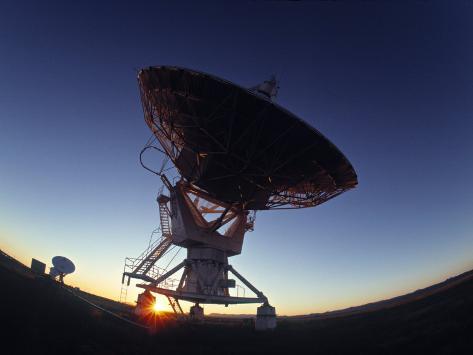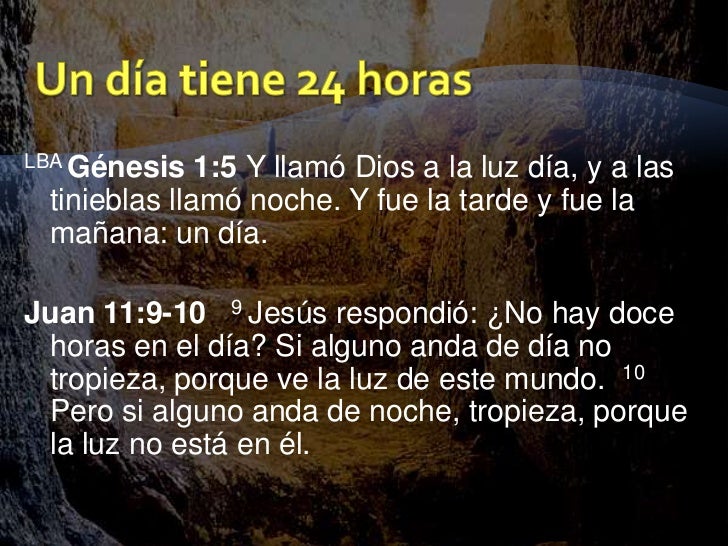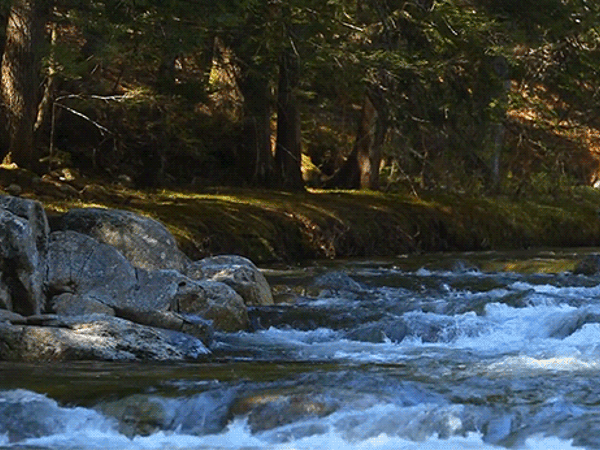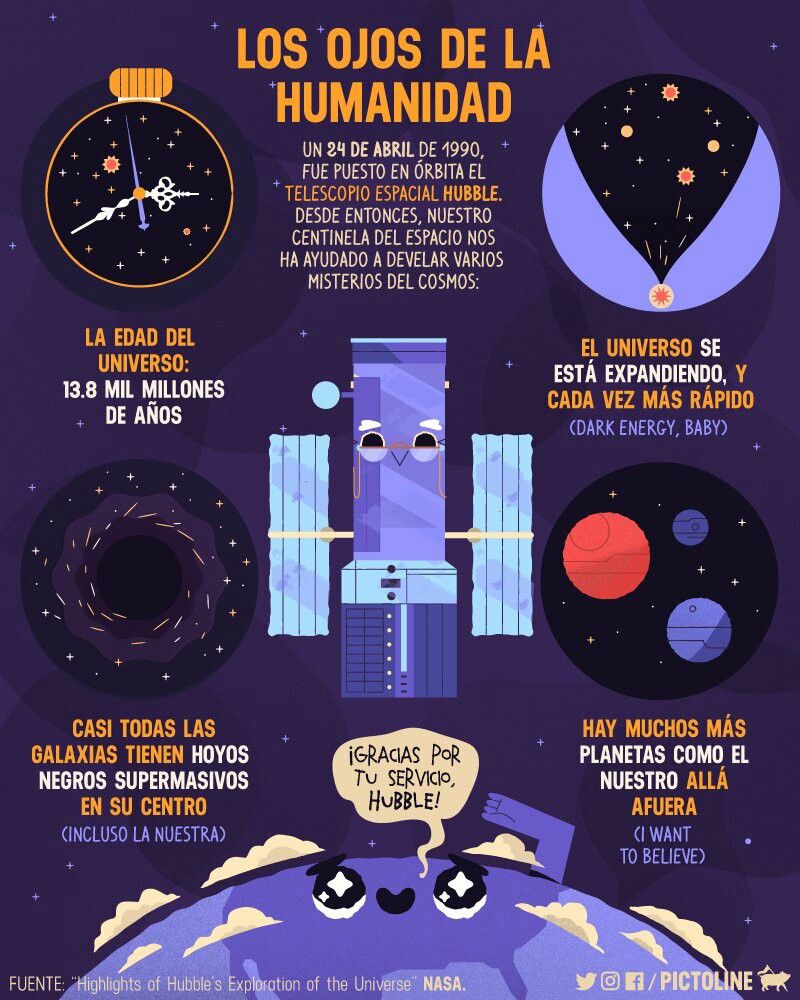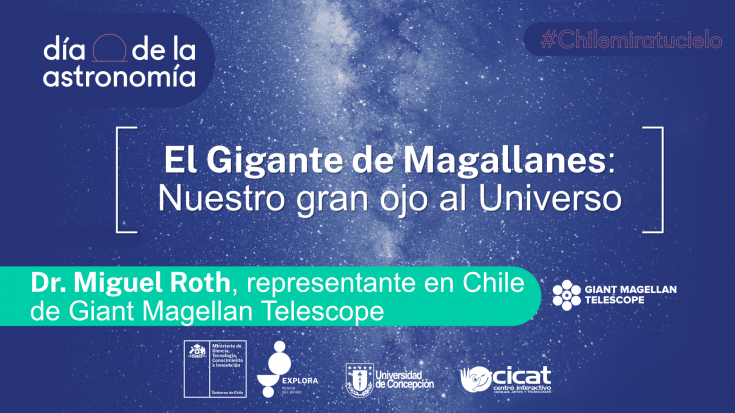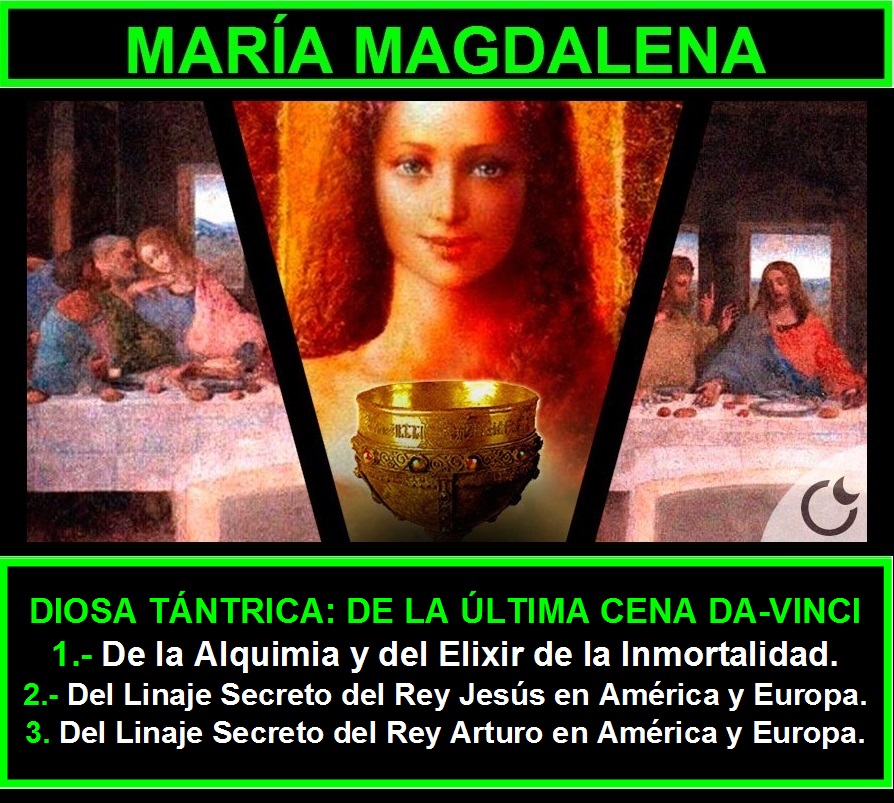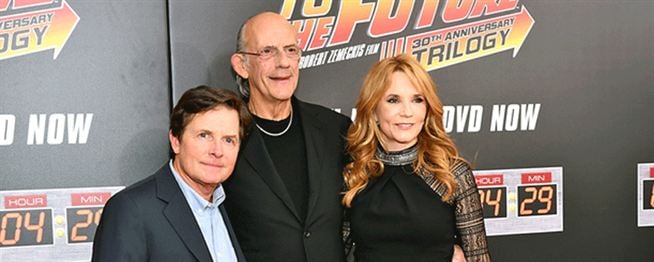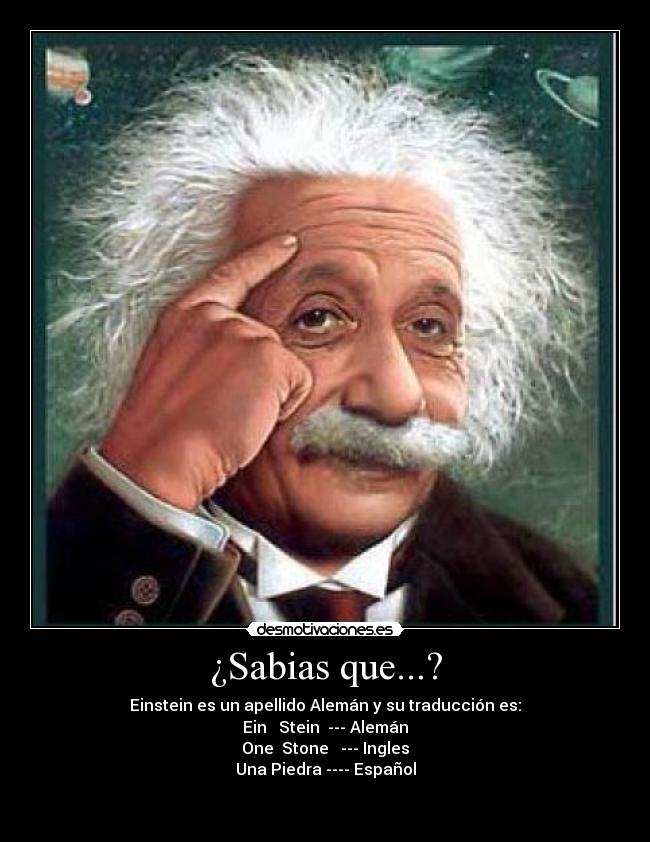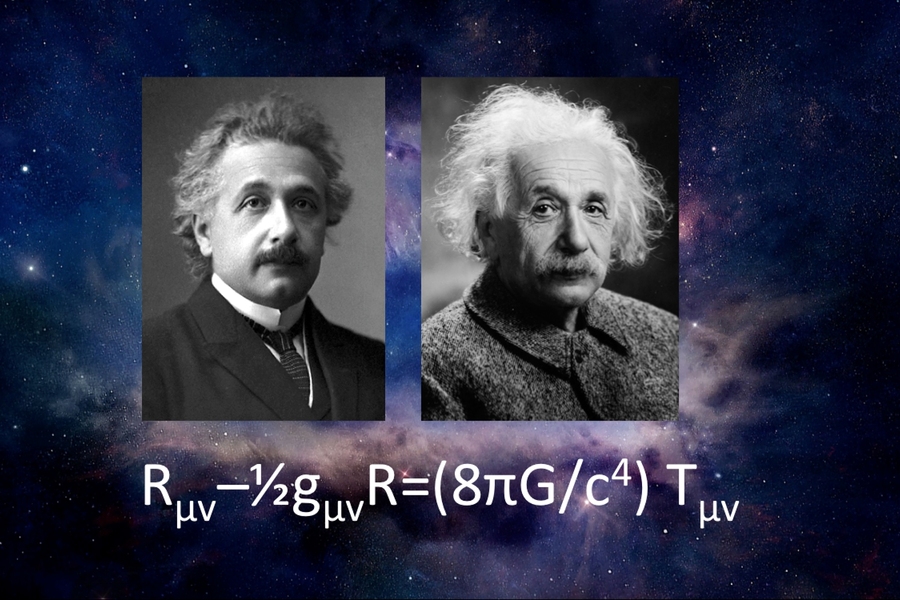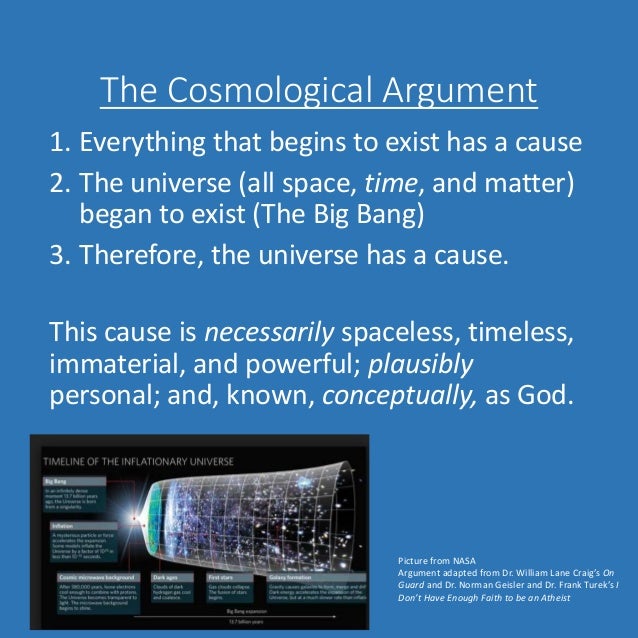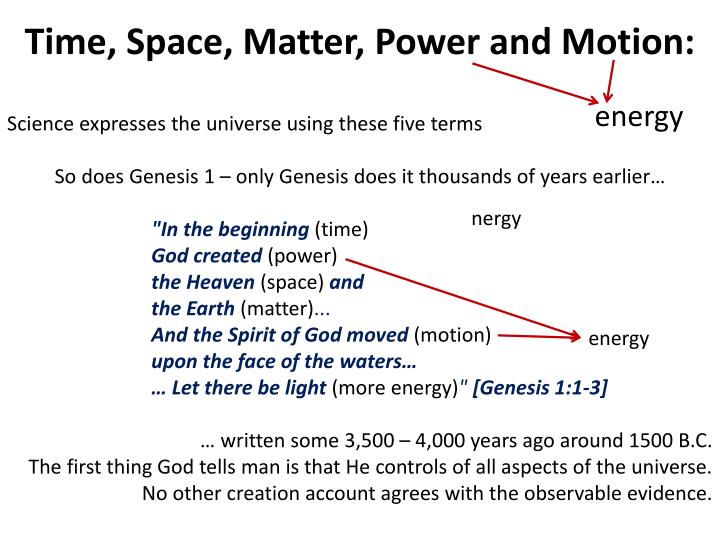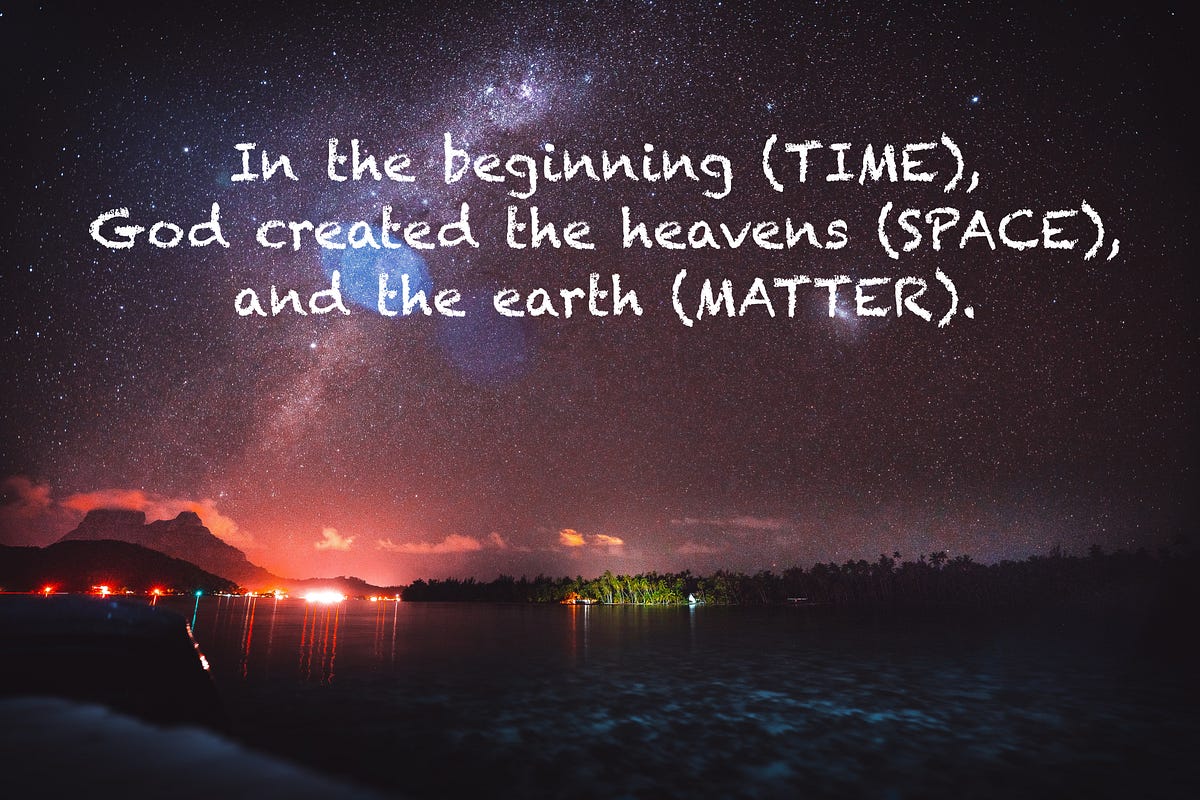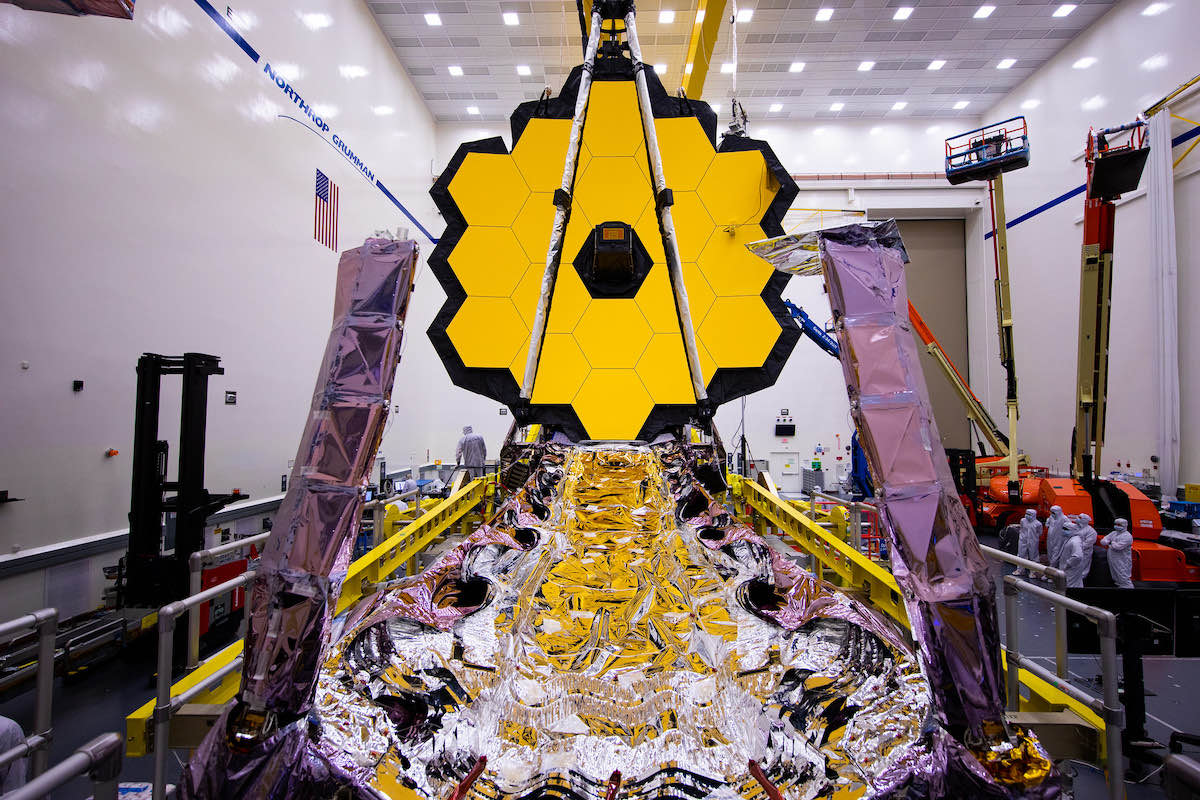 The James Webb Space Telescope inside Northrop Grumman’s factory in Redondo Beach, California. Credit: Northrop Grumman
The James Webb Space Telescope inside Northrop Grumman’s factory in Redondo Beach, California. Credit: Northrop Grumman
The James Webb Space Telescope, set for launch in the coming days, will look back more than 13.5 billion years in time to see the faint infrared light from the first galaxies, revealing a previously unseen era of cosmic history that shaped the universe of today.
It’s a cosmic time machine, capable of seeing galaxies and stars as they were as few as 100 million years after the Big Bang, the unimaginably violent genesis of the universe.
“This telescope is so powerful that if you were a bumble bee 240,000 miles away, which is the distance between the Earth and the moon, we will be able to see you,” said John Mather, the mission’s senior project scientist at NASA’s Goddard Space Flight Center in Maryland.
“So what are we going to do with this great telescope? We’re going to look at everything there is in the universe that we can see.”
That runs the gamut from the most distant galaxies in the cosmos, to planets, moons, asteroids, and comets in our own solar system. Webb will be able to observe everything from Mars out, seeing details undetected by every other space observatory since Galileo revolutionized astronomy with his first telescope in 1609.
“We want to know how did we get here,” said Mather, winner of the Nobel Prize in Physics in 2006. “The Big Bang, how did that work? So we’ll look. We have ideas, we have predictions, but we don’t honestly know.”
“This is a once in a generation event,” said Pam Melroy, NASA’s deputy administrator. “NASA continues to push the boundaries of what’s possible, and this is such an exciting moment. For centuries, people have looked up at sky and dreamed of trying to understand the big questions. What was the start of the universe? And is there life out there beyond Earth?”
“Webb is going take the blinders off and show us the formation of the universe,” Melroy said. “This telescope represents the kind of public good for science and exploration for which our space program was established.”
Developed over a quarter-century — with concepts dating even earlier — the James Webb Space Telescope is the largest astronomical observatory ever shot into space. Its primary mirror is composed of 18 hexagonal segments, each made of beryllium, coated with a thin layer of gold, and polished to exacting cleanliness standards.
Four infrared instruments are buried inside the telescope, each tuned for a specific job. Together, the instruments will give astronomers their most powerful tool in history.
“Webb will be able to see stars and galaxies 100 times fainter than what was previously possible,” said Klaus Pontoppidan, the mission’s project scientist at the Space Telescope Science Institute in Baltimore, where Webb will be controlled after launch.
Liftoff of the James Webb Space Telescope, a successor to the 31-year-old Hubble Space Telescope, is set for 7:20 a.m. EST (1220 GMT) Saturday aboard a European Ariane 5 rocket from the Guiana Space Center in South America. That’s about 14 years later than scientists in the 1990s hoped the mission — then known as the Next Generation Space Telescope — would be ready to go to the launch pad.
The mission’s launch date slipped repeatedly, and the development cost ballooned to $9.7 billion as engineers struggled with technical problems.
 The James Webb Space Telescope inside a Northrop Grumman factory in 2020. The observatory’s primary mirror, made of 18 individual segments, is pictured at center, with part of its sunshield below. Credit: NASA/Chris Gunn
The James Webb Space Telescope inside a Northrop Grumman factory in 2020. The observatory’s primary mirror, made of 18 individual segments, is pictured at center, with part of its sunshield below. Credit: NASA/Chris Gunn
The observatory followed a winding journey to the launch. The mirrors were fabricated, polished, and tested at locations in Ohio, Alabama, California, and Colorado at contractor Ball Aerospace, then transported to NASA’s Goddard Space Flight Center in Maryland for assembly into Webb’s telescope element.
Webb’s four science instruments were delivered to Goddard from the United Kingdom, Germany, California, and Canada. Engineers at Goddard assembled the instruments into Webb’s science module, and started putting together the telescope in 2013.
The telescope was shipped to NASA’s Johnson Space Center in Houston in 2017 for cryogenic testing, then to Northrop Grumman in Southern California for integration with the spacecraft element, which hosts communications and propulsion systems, and the thermal sunshield.
Finally, in October, Webb rode to French Guiana on a French transport ship to begin final preparations for liftoff. Once there, Webb was fueled with rocket propellant and hoisted on top of its Ariane 5 rocket. A Swiss-made payload fairing was lowered over the spacecraft Dec. 17, and the Ariane 5 moved to the launch pad at the tropical spaceport Thursday.
The observatory is named for James Webb, the NASA administrator who helped the space agency for seven years in the 1960s. His tenure was a pivotal time for NASA, during which the first Americans launched into space and plans matured for the Apollo program, which culminated in Neil Armstrong’s first steps on the moon in 1969, less than a year after Webb left the job.
Webb is folded up to fit inside the Ariane 5’s payload shroud. The spacecraft will pop off the top of the Ariane 5 about 27 minutes after liftoff, then begin a series of critical deployments to reconfigure itself into a science-ready discovery machine.
A solar array and steerable antenna will unfurl, then a sunshield will open to the size of a tennis court to start cooling the science instruments and mirrors to an operating temperature of minus 388 degrees Fahrenheit, just 40 Kelvin degrees above absolute zero.
Two articulating wings, each with three of the 18 mirror segments, will swing into place, allowing the primary mirror to reach its final shape. And a boom with the secondary mirror will deploy, lining up just right to bounce light collected by the primary mirror directly into Webb’s instrument module, which houses a suite of sophisticated infrared detectors.
Within a month, Webb will arrive in orbit around the L2 Lagrange point, a gravitationally-stable location nearly a million miles (1.5 million kilometers) from Earth. Ground teams operating Webb using remote control will spend the next five months perfectly lining up the mirrors, bringing the telescope into focus as it settles to its final operating temperature.
In six months, Webb will take its first science images for public release.
 The GN-z11 galaxy, pictured by Hubble 400 million years after the Big Bang, against a deep field of galaxies. Credit: NASA/STSCi/Hubble
The GN-z11 galaxy, pictured by Hubble 400 million years after the Big Bang, against a deep field of galaxies. Credit: NASA/STSCi/Hubble
The mission will see through clouds of dust to study star-forming regions opaque to telescopes like Hubble, which see in the visible part of the light spectrum. The light collecting power of Webb will also allow scientists to measure the chemical make-up of atmospheres on planets around other stars, revealing for the first time which alien worlds might be habitable for life.
And Webb will peer into the universe in search of the first light after the Big Bang some 13.8 billion years ago.
“If you look back over the decades, the questions that defined the telescope we built today are still relevant,” said Mark McCaughrean, a senior advisor at ESA and an interdisciplinary scientist on Webb. “So looking for the very first galaxies and the first stars that formed in the early universe, roughly 100 million or 200 minion years — we don’t know — after the birth of the universe in the Big Bang.
“Those galaxies are not only far back in time and distant from us, but they’re also redshifted,” McCaughrean said.
The universe is expanding, causing light waves to become stretched as they ripple across the cosmos.
“Because of the expansion of the universe, there’s no light in the visible wavelength,” McCaughrean said. “So Hubble has gone back a certain distance, but to see the next step, the even younger galaxies, even closer to the first light, you need an infrared telescope.”
The oldest galaxy spotted by astronomers using Hubble appeared as a faint speck of red. Named GN-z11, the galaxy was observed as it was 400 million years after the Big Bang.
The record established by GN-z11 has stood more than five years, but if all goes well with Webb, is likely to be broken next year or in 2023, according to Swara Ravindranath, a Canadian astronomer working on the Webb mission at the Space Telescope Science Institute.
Hubble, coupled NASA’s Spitzer Space Telescope, revealed the GN-z11 galaxy is a tiny fraction of the size of our Milky Way galaxy, but it churns out stars at a rate about 20 times faster than our galaxy does today. Scientists can determine a galaxy’s age by measuring how much its light is redshifted before reaching our solar system.
 This is a Hubble Space Telescope view of a portion of GOODS-South, the southern field of a large deep-sky study by several observatories to trace the formation and evolution of galaxies. The image shows a rich tapestry of 7,500 galaxies stretching back through most of the universe’s history. The farthest galaxies, a few of the very faint red specks, are seen as they appeared more than 13 billion years ago, or roughly 650 million years after the Big Bang. Soon, the James Webb Space Telescope will peer back even farther into this field to trace the formation and evolution of the very first galaxies. Credits: NASA, ESA, R. Windhorst, S. Cohen, M. Mechtley, and M. Rutkowski (Arizona State University, Tempe), R. O’Connell (University of Virginia), P. McCarthy (Carnegie Observatories), N. Hathi (University of California, Riverside), R. Ryan (University of California, Davis), H. Yan (Ohio State University), and A. Koekemoer (Space Telescope Science Institute)
This is a Hubble Space Telescope view of a portion of GOODS-South, the southern field of a large deep-sky study by several observatories to trace the formation and evolution of galaxies. The image shows a rich tapestry of 7,500 galaxies stretching back through most of the universe’s history. The farthest galaxies, a few of the very faint red specks, are seen as they appeared more than 13 billion years ago, or roughly 650 million years after the Big Bang. Soon, the James Webb Space Telescope will peer back even farther into this field to trace the formation and evolution of the very first galaxies. Credits: NASA, ESA, R. Windhorst, S. Cohen, M. Mechtley, and M. Rutkowski (Arizona State University, Tempe), R. O’Connell (University of Virginia), P. McCarthy (Carnegie Observatories), N. Hathi (University of California, Riverside), R. Ryan (University of California, Davis), H. Yan (Ohio State University), and A. Koekemoer (Space Telescope Science Institute)
The stars in the earliest galaxies likely burned hot and fast, consuming their hydrogen and helium fuel within a few million years, the blink of an eye on cosmic time scales. Scientists think the first stars helped fuse together heavier elements, like carbon, nitrogen, and oxygen, that eventually became the building blocks for life.
Astronomers have measured the cosmic microwave background signal from the universe as it was 380,000 years after the Big Bang, before any stars and galaxies were born. The background is like a fingerprint, showing subtle density variations that hint at the complex structures that came later — stars, galaxies, and ultimately massive galactic clusters stretched along filaments in a web of dark matter.
Dark matter, along with dark energy, are the unseen components of the universe. The visible universe, the part made of regular matter we can see and touch, makes up just 5% of the cosmos.
A fog of hydrogen gas spread like a blanket through the early universe, preventing any light from escaping in a period known as the cosmic dark ages. The cosmic expanse finally became transparent as stars lit up, an event poetically called cosmic dawn.
“The Hubble Space Telescope has pushed the limit to 400 million years after the Big Bang,” said Antonella Nota, the European Space Agency’s project scientist for Webb. “There is a gap that Webb has to fill between 400 million years and 100 million years. So there is an entire interval in which we have a baby universe to observe, and Webb will present a view that we’ve never seen before, and it will be just spectacular.”
“This is Webb’s new frontier,” Ravindranath said.
To make its deepest observations, Webb will aim its telescope toward patches of the sky previously seen in Hubble’s famous deep field images.
“Hubble created this extreme ultra deep field,” Pontoppidan said. “It was days and days of exposure time. Webb will do it in a couple of hours in a wavelength range where there’s overlap. Of course, there’s this huge infrared wavelength range where Hubble could not operate, so what we’ll see there, there’s no comparison.”
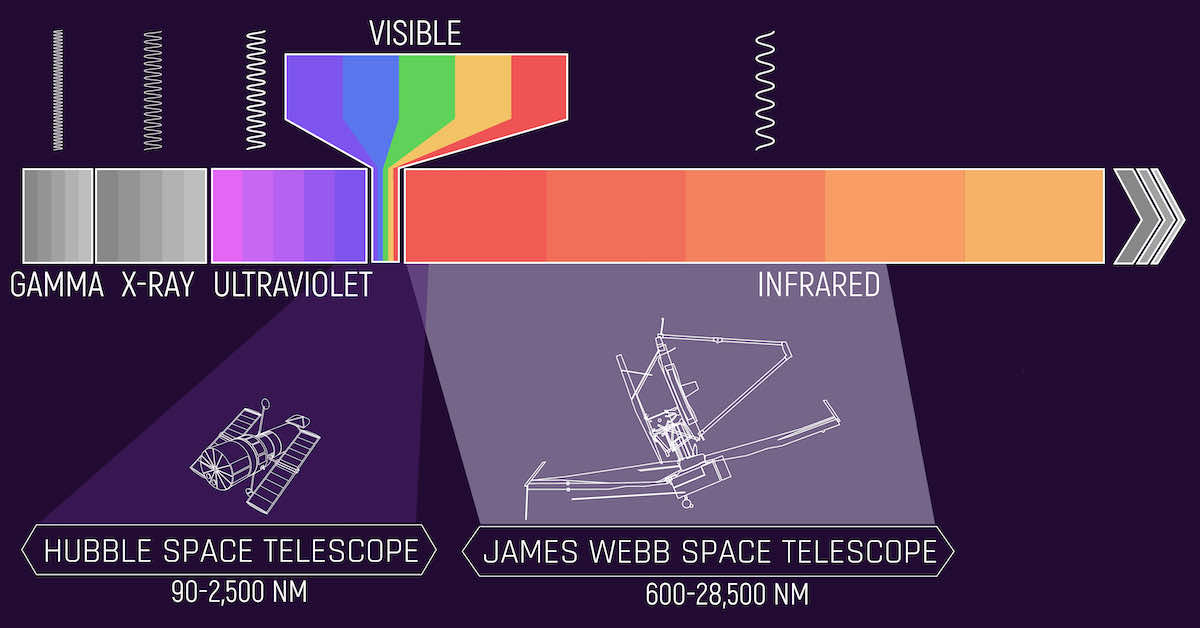 Webb’s larger primary mirror has six times the light-gathering power of Hubble’s primary mirror. This is important at the longer, dimmer wavelengths of light Webb looks at. Hubble can see some infrared wavelengths, but it was optimized to see shorter ultraviolet and visible light. As observing partners, their observations will complement each other, providing us with views across a broad range of wavelengths.
Webb’s larger primary mirror has six times the light-gathering power of Hubble’s primary mirror. This is important at the longer, dimmer wavelengths of light Webb looks at. Hubble can see some infrared wavelengths, but it was optimized to see shorter ultraviolet and visible light. As observing partners, their observations will complement each other, providing us with views across a broad range of wavelengths.Credits: NASA, J. Olmsted (STScI)
Astronomers will also use a technique called gravitational lensing to magnify distant galaxies. The technique, pioneered with Hubble, takes advantage of gravitational distortion caused by a massive structure, like a galaxy cluster, between the telescope and its target.
The gravity from the foreground structure can bend the light like a magnifying glass, adding to Webb’s already improved imaging capability.
“With Hubble, we don’t quite have the power to resolve structure in these most distant galaxies,” Ravindranath said. “Webb will be able to show us the very first galaxies and also the earliest stages of galaxy assembly.”
By breaking apart the components of light, Webb will unveil what elements comprised the earliest stars.
“Webb’s infrared spectra will show us the composition of these first galaxies, what type of stars are present, what are the properties of the gas and dust, and what is their chemical composition?”
Finding the earliest galaxies was one of the first major objectives for Webb when astronomers dreamed up the observatory in the 1990s. Webb’s instruments will also trace the evolution of galaxies over the 13 billion years since the first ones formed.
“For almost a century, we’ve been trying to answer this question of how did galaxies form?” Ravindranath said. “How did they evolve over cosmic time, and how did they end up having these regular beautiful spirals that we see in the present day.”
“I think we’re expecting to see galaxies grow over time,” Mather said. “They grow as gravity pulls little bits together.”
Cosmologists will study data from Webb to see how well it matches their understanding of the Big Bang, when the universe came to be in an instant. Much the early history of the universe is in the realm of models, and Webb will add cold, hard data to the mix.
Webb may also see some of the earliest supernovas, the violent explosions at the end of a star’s life. The explosions may have spread heavy elements, such as metals, through the universe to seed the creation of a new generation of stars more like the ones astronomers know today.
 The James Webb Space Telescope could image stars in the early history of the universe that formed around primordial black holes. The strong tug of gravity from black holes may have influenced the motion and behavior of the stars. Future missions, like the LISA gravitational wave observatory, will search for signatures created by merging proto-black holes. Credit: ESA
The James Webb Space Telescope could image stars in the early history of the universe that formed around primordial black holes. The strong tug of gravity from black holes may have influenced the motion and behavior of the stars. Future missions, like the LISA gravitational wave observatory, will search for signatures created by merging proto-black holes. Credit: ESA
Webb will also search for clues about the first black holes, objects that suck up matter, and even light, with super-strong gravitational fields. Black holes in the present-day universe form after supernova explosions, but they can grow by merging with other black holes.
The largest of these objects, called supermassive black holes, are at the centers of most galaxies, including our own. But there are unanswered questions about the origin of the first black holes.
Primordial black holes may have mysteriously formed immediately after the Big Bang, and then grown over millions of years. If that’s true, the first stars could have been born around the earliest black holes, rather than the other way around.
It’s a classic chicken or egg question played out on a cosmic scale.
“For us, one of the big mysteries is do those stars make the black holes, or do the black holes help make the stars?” Mather said. “So that’s the chicken and egg question we’re really worried about.”
Email the author.
Follow Stephen Clark on Twitter: @StephenClark1.

